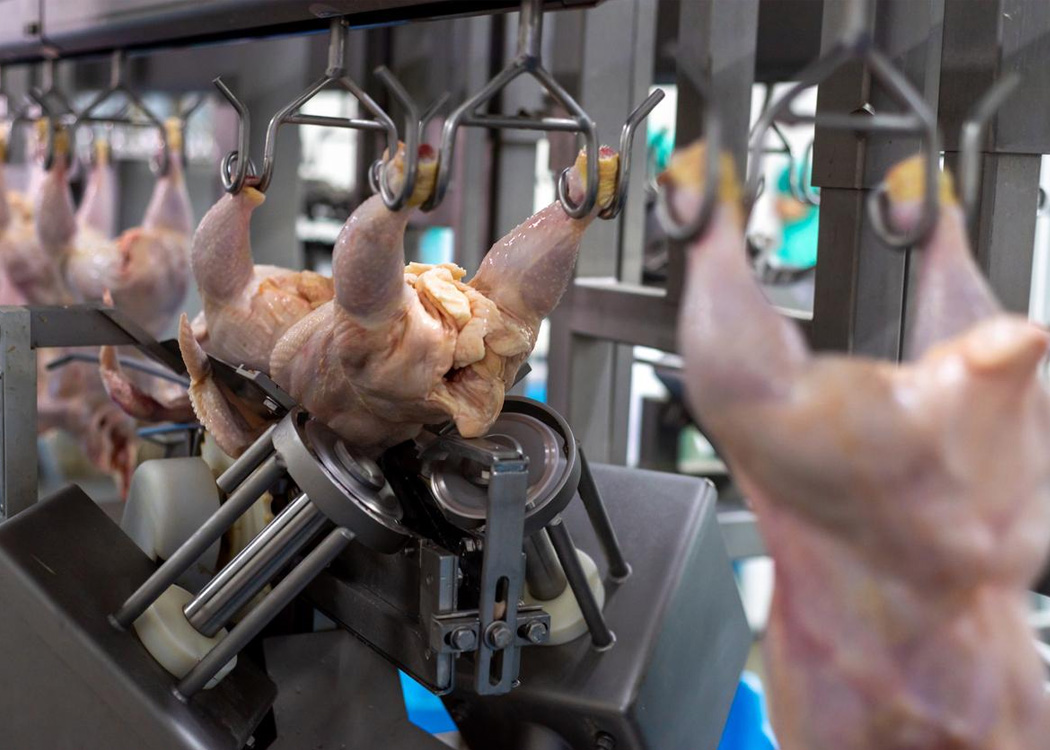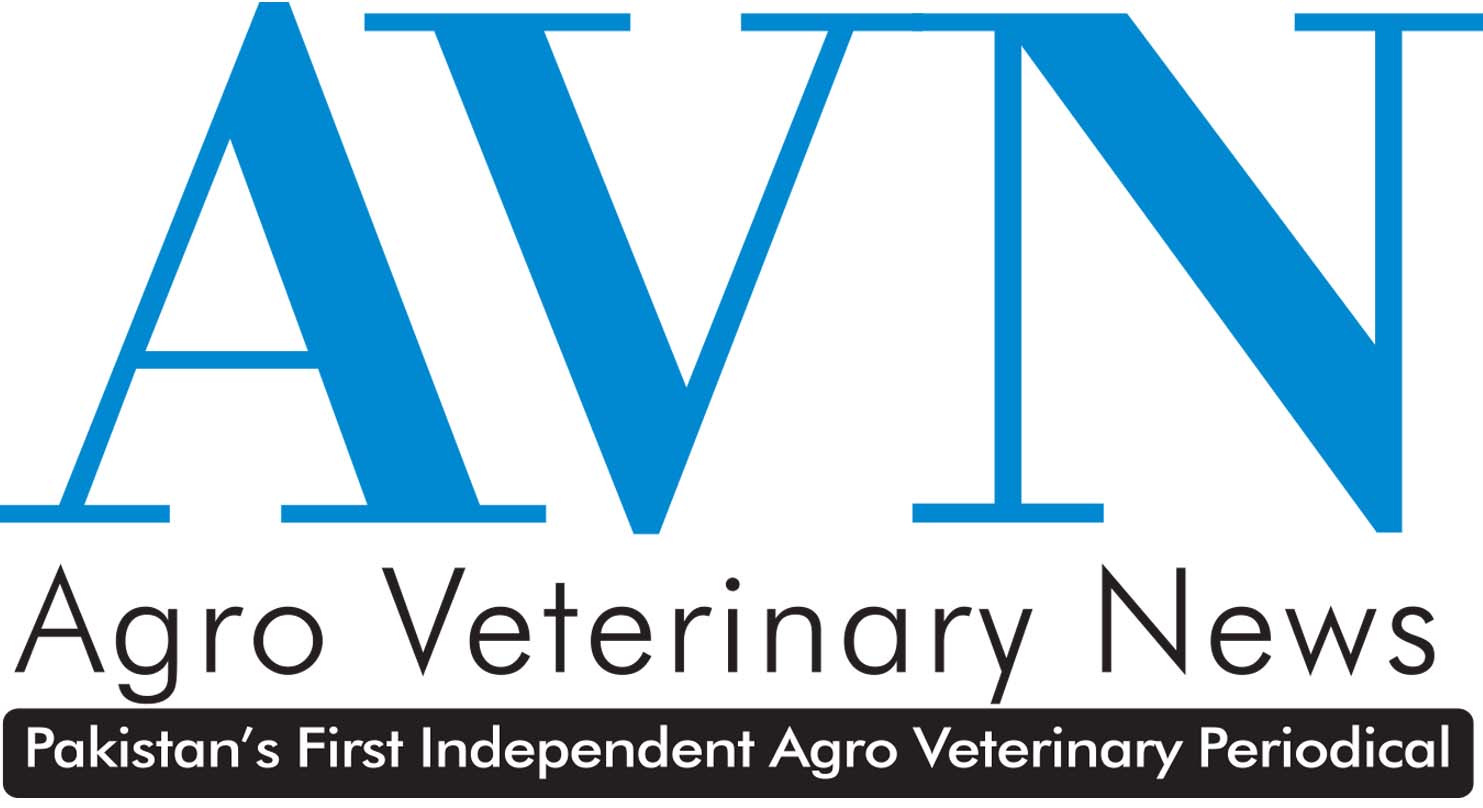WASHINGTON, D.C.: In a move drawing praise from industry groups but concern from public health advocates, the U.S. Department of Agriculture (USDA) has officially withdrawn a proposed rule that aimed to reduce Salmonella-related illnesses linked to raw poultry products such as chicken and turkey.
The proposal, originally introduced in August 2024 under the Biden administration, would have classified raw poultry as adulterated if it contained more than 10 colony-forming units (CFU) per gram of Salmonella—or any detectable amount of the most dangerous Salmonella serotypes. It also included a robust framework for routine product testing and required poultry processing plants to adopt stricter contamination control procedures.
However, the USDA’s Food Safety and Inspection Service (FSIS), which posted the withdrawal in the Federal Register, said it reviewed over 7,000 public comments and determined that “additional consideration is needed.” Among the concerns raised were challenges to the USDA’s legal authority, the scientific rationale behind the proposal, and its economic impact on producers.
“The Biden-era proposal would have imposed significant financial and operational burdens on American businesses and consumers, failing to consider an effective and achievable approach,” a USDA spokesperson said in a statement to the media
🚨 Salmonella still a public health threat
According to the Centers for Disease Control and Prevention (CDC), Salmonella remains one of the most common causes of foodborne illness in the U.S., causing an estimated 1.35 million infections, 26,200 hospitalizations, and 420 deaths annually. The FSIS estimates that more than 167,000 of those illnesses are directly linked to poultry products.
The now-withdrawn rule was introduced after data showed that while existing inspection and testing programs reduced contamination rates in poultry, human illness rates remained largely unchanged.
🗣️ Industry welcomes decision, advocates alarmed
The National Chicken Council (NCC), which opposed the rule, praised the USDA’s decision. In a statement, Dr. Ashley Peterson, senior vice president of scientific and regulatory affairs at NCC, called the framework “legally unsound” and unlikely to improve public health outcomes.
“We remain committed to reducing Salmonella and fully support food safety policies that are based on sound science and demonstrated effectiveness,” said Peterson.
On the other side, consumer safety organizations voiced frustration and disappointment.
“The USDA’s decision is disappointing and troubling,” said Brian Ronholm, director of food policy at Consumer Reports, referencing their earlier report highlighting high Salmonella contamination at U.S. poultry facilities.
“Make no mistake: Shipping more Salmonella to restaurants and grocery stores is certain to make Americans sicker,” added Sarah Sorscher, director of regulatory affairs at the Center for Science in the Public Interest.
What’s next?
The FSIS says it remains committed to addressing Salmonella risks and will continue evaluating strategies that both protect public health and minimize unnecessary regulatory burdens. For now, the withdrawal underscores a growing divide between regulatory agencies, industry stakeholders, and consumer advocates—all with different visions for the future of food safety in the U.S.





